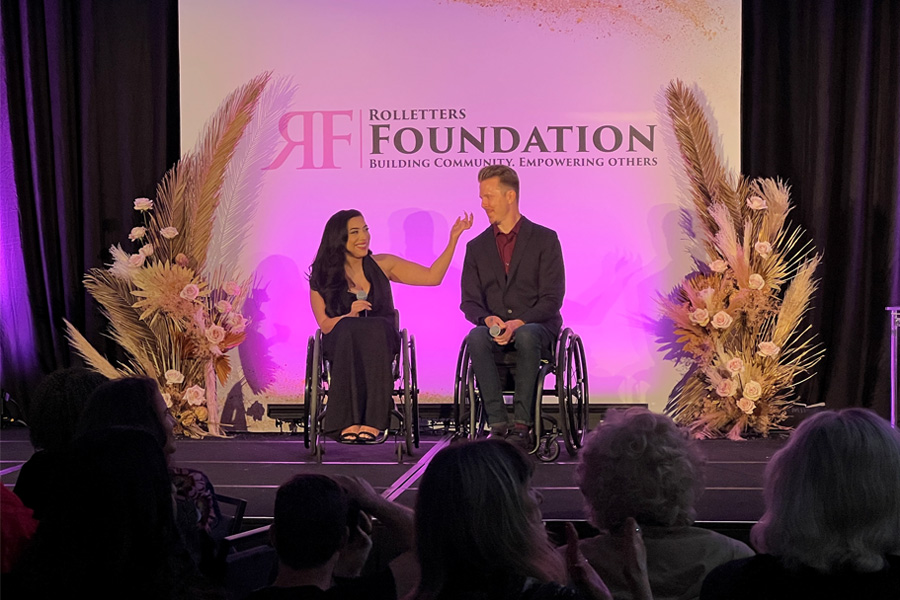Understanding the Signs and Next Steps
As a parent actively involved in your child’s education, you’ve likely become very familiar with their strengths, their challenges, and the subjects where there is resistance versus ease. You might have noticed patterns: some assignments lead to procrastination or meltdowns, while others are tackled with independence and a sense of pride.
Many parents reach out to me when they begin to realize their child is struggling academically. The question that naturally follows is: Is this a learning disability, ADHD, anxiety, or a combination? And more importantly, Does my child need a support plan, such as a 504 Accommodation Plan or an Individualized Education Plan (IEP)?
Red Flags by Grade Level
Recognizing early signs of learning or attention challenges can make a huge difference. Below is a guide, broken down by grade level, highlighting common concerns that may indicate the need for further evaluation or support.
Kindergarten
-
- Difficulty identifying upper- and lower-case letters
- Trouble recognizing letter sounds
- Struggles with number identification
- Limited rhyming and phonemic awareness
- Very limited sight word vocabulary
- Avoidance of writing tasks
- Short attention span or difficulty sitting still
- Impulsivity or trouble following two-step directions
First Grade
-
- Learns sight words during a session but quickly forgets them
- Sight word vocabulary smaller than expected
- Below grade-level reading (based on Fountas & Pinnell levels)
- Avoids writing tasks
- Struggles with basic number concepts (e.g., bigger/smaller)
- Short attention span and impulsivity
- Memory challenges
- Difficulty with word problems and multi-step directions
- Emotional responses (tears or meltdowns) during schoolwork
Second Grade
-
- Letter or number reversals continue
- Poor reading comprehension and fluency
- Difficulty decoding unfamiliar words
- Attention issues and impulsivity
- Memory and recall difficulties
- Trouble staying focused to complete tasks
- Strong emotional responses to schoolwork
- Difficulty following 2–3 step instructions
Third Grade and Up
-
- Disorganized or unclear written expression
- Handwriting is large, poorly formed, or labored
- Minimal effort on writing assignments
- Ongoing decoding and fluency struggles
- Persistent attention and memory challenges
- Meltdowns or emotional distress around assignments
- Difficulty managing multi-step tasks or instructions
The Power of Assessment
If these signs sound familiar, a psycho-educational assessment may provide the clarity you need. This comprehensive evaluation typically includes:
Cognitive Testing (IQ):
-
- Working Memory
- Visual-Spatial Skills
- Fluid Reasoning
- Processing Speed
Academic Achievement Testing:
-
- Reading Fluency and Comprehension
- Written Expression and Spelling
- Math Fluency and Calculation
- Oral Language Skills
A significant discrepancy between cognitive potential and actual performance in one or more areas is an indication of a learning disability as per public school standards.
How ADHD Affects Learning
Children with attention challenges often miss out on key instruction, not because of a lack of ability, but because their focus drifts. Without the right support in place, it becomes harder for them to absorb, retain, and apply information. With structured accommodations, these children can be more present and engaged during lessons.
How Anxiety Affects Learning
Anxiety can deeply impact a child’s ability to learn and participate. For some, the fear of failure, social discomfort, or simply being called on in class creates overwhelming stress. These children might avoid schoolwork, exhibit physical symptoms like headaches or stomachaches, or withdraw altogether. With proper emotional and academic supports, anxious children can find school more manageable and less intimidating.
When It’s a Combination
It’s not uncommon for children to have overlapping challenges—perhaps a learning disability paired with anxiety, or ADHD with executive functioning issues. A skilled evaluation team can help disentangle these layers and create a complete picture of your child’s needs.
Where to Start
If you suspect your child may need additional support:
- Consult with a psychologist for psycho-educational evaluations.
- This assessment will provide insights into your child’s learning profile and whether a diagnosis exists.
- With this data in hand, you can work with the school to determine if a 504 Plan or IEP is appropriate.
Final Thoughts
Every child learns differently, and recognizing that your child may need a different path is a powerful first step. With the right evaluation and support, you can help your child thrive academically, emotionally, and socially.














